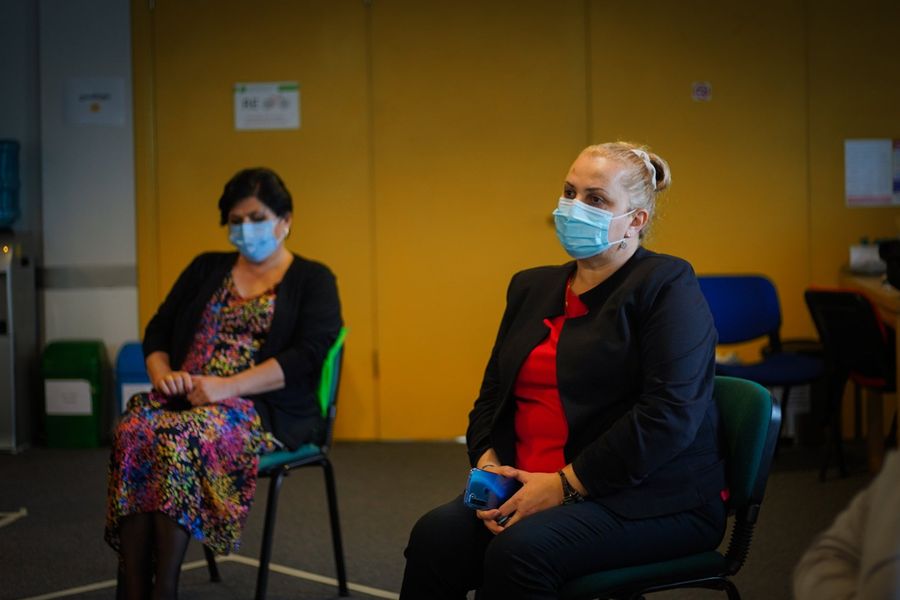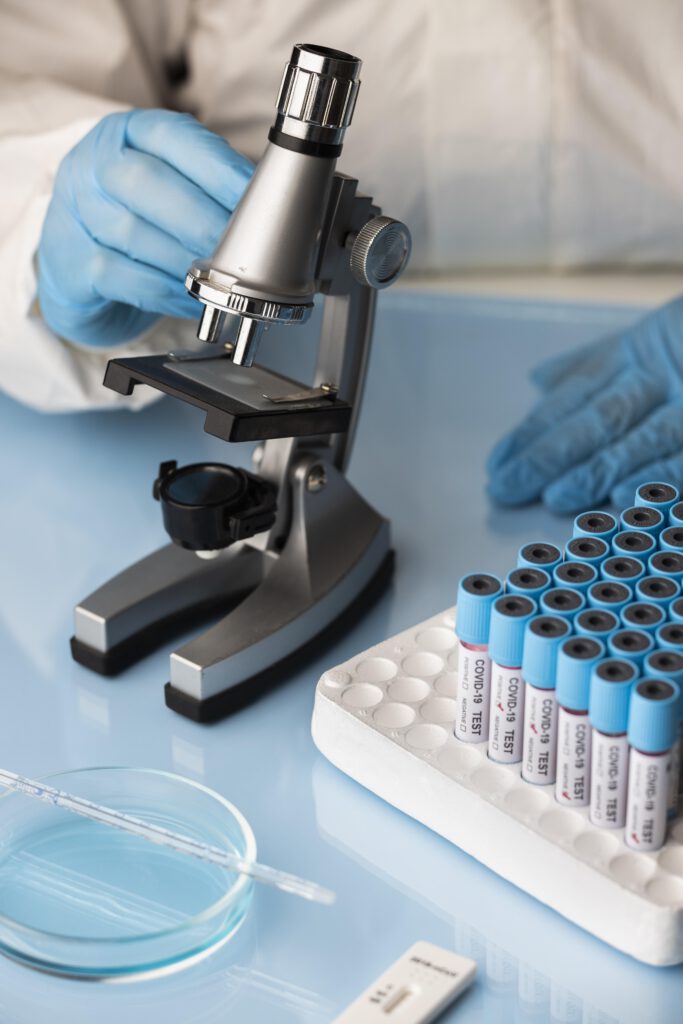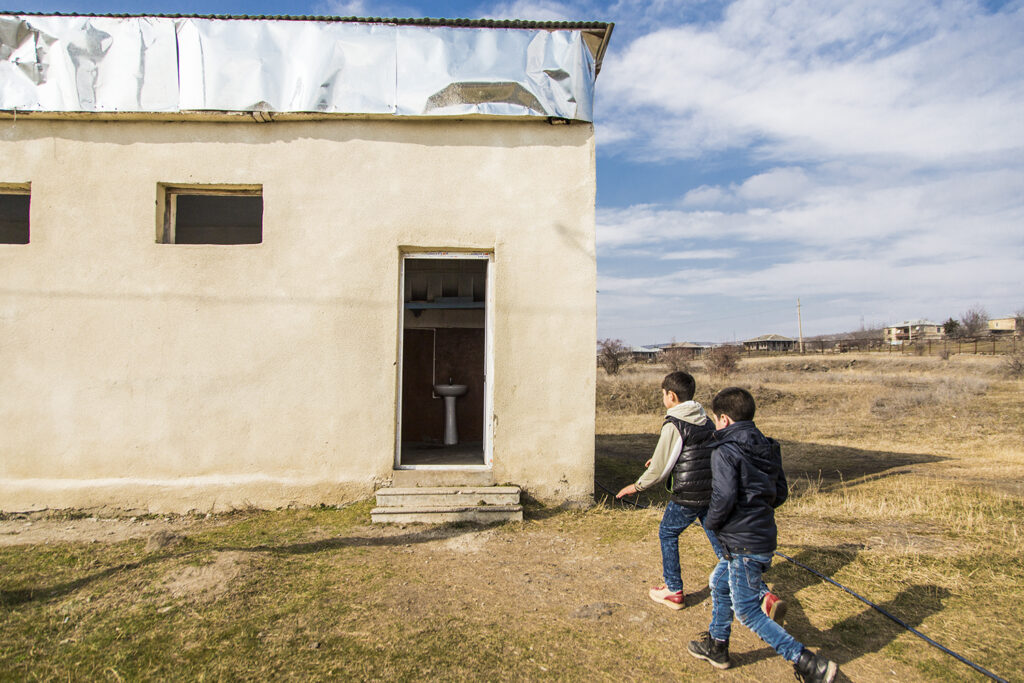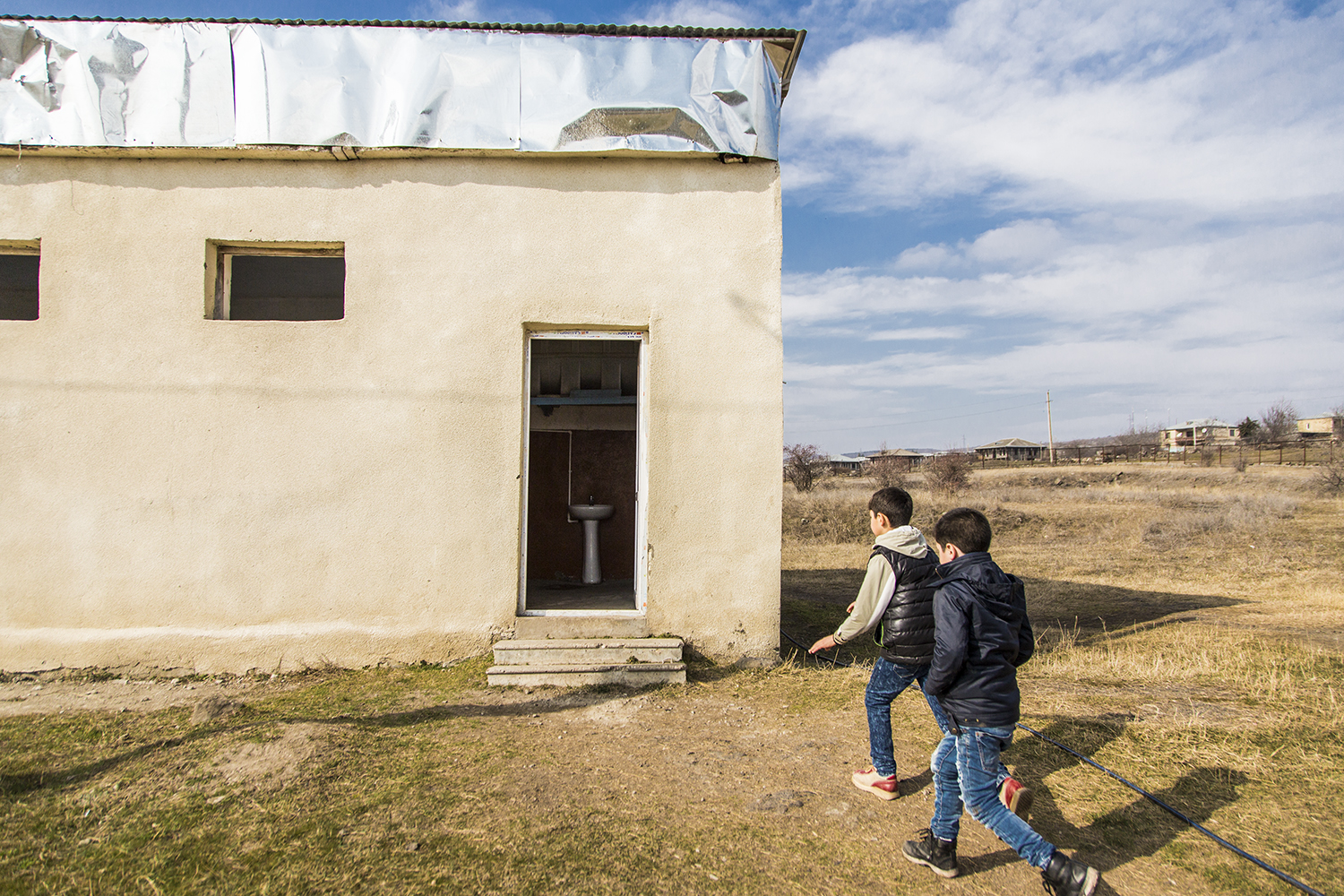Duration: 2017-2021
Geographic area:
Imereti, Kvemo Kartli and Kakheti regions, Georgia
Implemented by: CENN
Donor: New World Programme (Global Water Challenge & The Coca Cola Foundation)
WASH in Georgia assisted municipalities, the Ministry of Health, Labour and Social Affairs of Georgia, public schools, vulnerable rural communities and other entities in the development, repair and improvement of WASH services. It included construction of infrastructure, lobbying and advocacy campaigns, trainings and workshops for the purpose of delivering climate-smart water resources management and provision of access to safe drinking water, sanitation and hygiene (WASH) services. The goal of the projects was to achieve Public health risk mitigation and recovery
WASH in Georgia had four overarching objectives: 1. Implementation of innovative pilot infrastructural projects on Water and Sanitation services; 2. Foster technology transfer, innovation integration and new opportunities in the WASH sector; 3. Develop the human capital of community institutions and empower local women and youth to take a leading role in climate-smart water resources management; 4. Improve post-COVID reality.

Public Health
risk mitigation and
COVID 19 recovery
Within the programme, a WASH assessment was carried out which included schools, kindergartens and helth care centres in 10 regions of Georgia, the main goal of the assessment was to evaluate the Water, Sanitation and Hygiene (WASH) conditions and identification of needs and services requiring improvement. The assessments serve as an informational tool on the possible health risks in various areas of Georgia.
In cooperation with National Center for Disease Control and Public Health (NCDC), the programme developed a guideline document – the WASH (Water, Sanitation, and Hygiene) Schools Guideline, which is intended to provide information to government agencies, parents, and the general public on school-related health risks, focusing on water and sanitation issues. The purpose was to effectively plan risk assessment and mitigation measures. The guideline also provides information on school management under COVID-19 that includes extensive thematic materials explaining key aspects, principles, approaches, and strategic visions related to water, sanitation, and hygiene issues.
What is more, the programme delivered posters, informational materials, medical equipment and other products for COVID-19 hotspots in Georgia that included vulnerable ethnic minorities.
The programme trained Health workers operating in the regional health centre clinics about the COVID-19. In cooperation with the National Center for Disease Control and Public Health (NCDC), Covid- 19 Situation Management curriculum and online trainings has been developed and carried out for health workers. The curriculums developed included topics on WASH Medical Facilities – the Global Context, Overview of the global COVID 19 and WASH conditions, WaSH support standards in medical facilities, Eight Practical Tips to ensure WASH Improvement and Sustainability in Medical Facilities, Key Findings and Recommendations of WASH & COVID-19 assessment in rural health care centers of Akhmeta and Tsalka Municipalities and Covid-19 Vaccination – Key Challenges.

Human
Capital
Development
The program helped develop municipal WASH councils in Georgia. The councils underwent WASH training, received support, and helped solve, lobby and study WASH-related problems in respective municipalities. The WASH council’s involvement was instrumental in developing and implementing infrastructural projects to help deploy WASH services to the most vulnerable communities in target regions
In addition, the program focused on awareness-raising campaigns and empowered 10,000 people (among them 72% women and youth). Training and summer camps were developed and conducted for youth in the following directions: Water and Sanitation, Lobbying and Advocacy, Gender, water and human rights, Sustainable water resources management, Climate-smart water resources management, core principles of WASH and health and COVID-19.

Innovation, technologies
and research -
new opportunities
in the sector
The WaSH programme developed information materials on WASH technologies, water infrastructure management, and carried out WASH trainings on program planning, analysis and implementation. The trainings included field visits where the participants observed modern water distribution and treatment technologies and acquired additional skills on solving problems on WaSH in their respective municipalities.

Implementation
of Pilot Innovative
projects on WASH
Due to the program’s support, more than 30 infrastructural projects were implemented in vulnerable communities of Georgia, the aim of which was to increase access to water for sanitation and hygiene. As a result, a total of up to 28,000 people have access to clean and safe drinking water as well as adequate sanitary-hygienic conditions.
